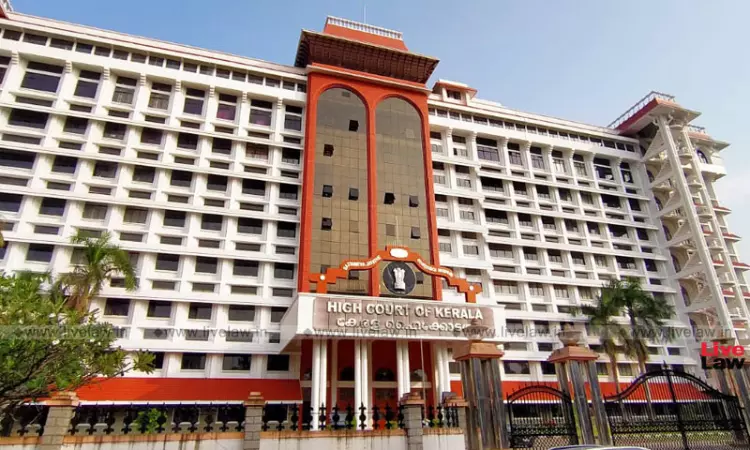Kerala High Court Directs KIRTAD To Hear BCom Student Seeking Community Certificate On Basis Of Mother's Caste
Navya Benny
15 July 2023 3:16 PM IST

Next Story
15 July 2023 3:16 PM IST
The Kerala High Court on Monday set aside the reports prepared by the Kerala Institute for Research Training and Development (KIRTAD) recommending against grant of community certificate to a 19 year old B.Com student born to an inter-religious couple. Petitioner's mother belonged to 'Paniya' community, a recognized Scheduled Tribe community and father to Orthodox Syrian Christian. She claimed...
